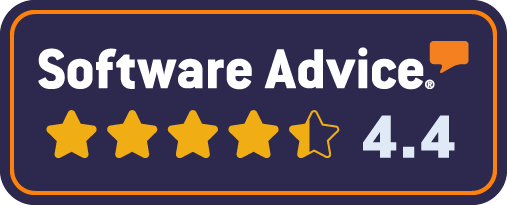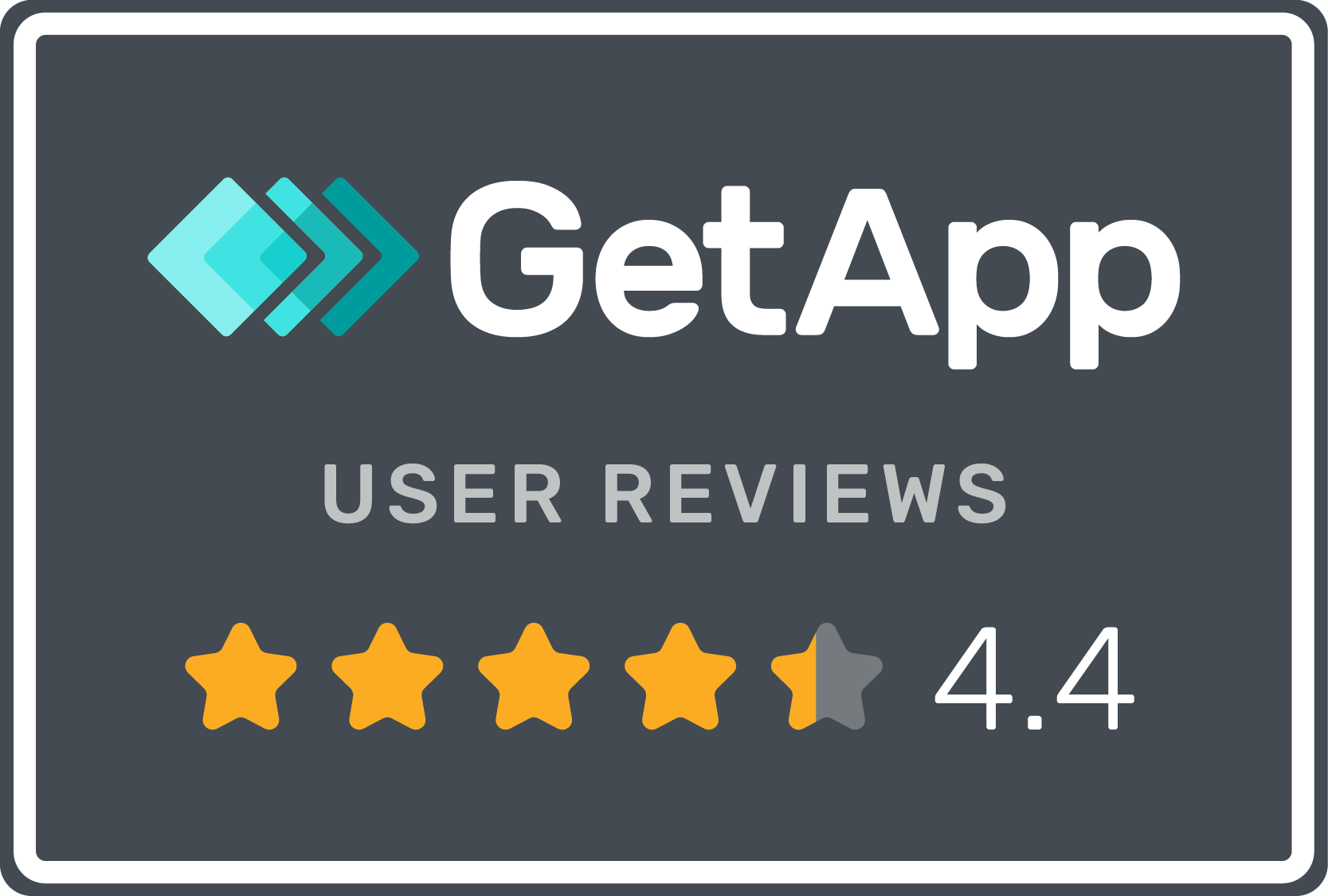It’s also possible that you, as an employer, or the employee’s colleagues might be able to identify who said what without the aid of Glassdoor.
You might have a team member who’s had one of those days, weeks—even years. You know: the ones where they think the boss is awful, their co-workers are difficult, and the work is impossible. Maybe the unhappy employee recently left the company, citing one of those reasons. Of course, disgruntled people often feel like they just have to say something about their employer, but where to say it? Complaining at the shop or office falls on deaf ears, or worse, could get them in hot water with management.
The answer for many current and former employees is Glassdoor. They can express their opinion of their employer, it’s widely read, and best of all, the reviewer can stay anonymous, right? Well, not so fast. In some circumstances, Glassdoor may be required to reveal the identity of the person posting the review. It’s also possible that you, as an employer, or the employee’s colleagues might be able to identify who said what without the aid of Glassdoor.
Glassdoor reviews: their commitment to anonymity.
A primary purpose of Glassdoor is to give job seekers insight into what it’s really like working at a company. Factual Glassdoor reviews can give job seekers a realistic picture of the working conditions, work/life balance, management, and salary at a particular company. Keeping reviewers anonymous allows both current and former staff to express their views honestly without fear of reprisal from bosses or colleagues.
So, this is what Glassdoor commits to doing to keeping identities anonymous:
- They make sure no one can see the email address, personal information, resume, user profile, or any of the reviewer’s social media profiles.
- They will never, ever post to the Google account or Facebook wall of the reviewer.
- Contributions made on Glassdoor will not have any links or profile information next to them.
- Resumes posted on Glassdoor can’t be found by either employers nor any other user. The only people who can see a resume on Glassdoor are those that have received a direct submission of the resume through Glassdoor’s job application system.
when Glassdoor reviews are not anonymous.
Glassdoor does an excellent job of keeping their proverbial cards close to their chest, but sometimes they have been known, on rare occasions, to reveal their hand. While they guarantee privacy in most circumstances, they can be legally obliged to disclose their reviewers’ identities.
In an increasingly litigious society, some employers use the courts to fight back against what they deem unjust and perhaps slanderous reviews. Glassdoor company reviews can negatively impact the recruitment process by discouraging potential applicants from applying. While there are ways that companies can increase their job application rates even in a tight labour market, it can be hard to overcome a series of poor reviews. On occasion, some reviews have cast the integrity of the managers and employees of a company in doubt. These are serious accusations that many companies won’t stand for.
One court case in America compelled Glassdoor to reveal the identities of its reviewers. In most cases, Glassdoor strives to keep that information private but, in their privacy policy, they state that they “will disclose data if we believe in good faith that such disclosure is necessary . . . to comply with relevant laws or to respond to subpoenas or warrants or legal process served on us.” So, as much as Glassdoor wants to keep identities anonymous, they will not go against the law. Additionally, Glassdoor’s privacy policy outlines the other circumstances where it may disclose a reviewer's identity.
In some instances, employees are being warned (see below) when they click to post a review about a certain employer that this employer has taken legal action in the past against reviewers and/or Glassdoor, so use your “best judgement” before posting.

how else a reviewer might be discovered.
You may now be seriously wondering, “Are Glassdoor reviews really anonymous?” We’ve seen that Glassdoor does take every reasonable step it can to ensure the anonymity of reviewers. In rare circumstances, identities may need to be revealed, but usually only after a legal battle.
But Glassdoor being litigated into revealing the identity of reviewers is not the only way an employer can discover the identity of an employee posting a review. An employer might be able to identify the person posting, and so might the reviewer’s colleagues.
If an employee uses their employer’s electronic equipment, such as a desktop, phone, or laptop, they are vulnerable to discovery. For example, the employer’s server administrator may be able to digitally track the reviewer, which, in turn, can lead to the employer finding out who has been leaving reviews on Glassdoor.
The words the reviewer uses or the situation they describe might enable their colleagues to easily identify them. This is particularly true if the company is a smaller firm. The people who work with the poster may be able to identify them by the way they write the review, be familiar with the nature and details of their grievances, or have a general idea of their wages. These factors can make it fairly easy for them to figure out who the Glassdoor poster is. But, of course, this is far less likely in a company of 50,000 employees compared to, say, a retail store in a specific location with five team members.
manage your Glassdoor reviews.
If you’re like many employers, you often see reviews about your organisation on Glassdoor and Indeed. You probably want to have some control of your company page so you can have a voice on those platforms too.

















